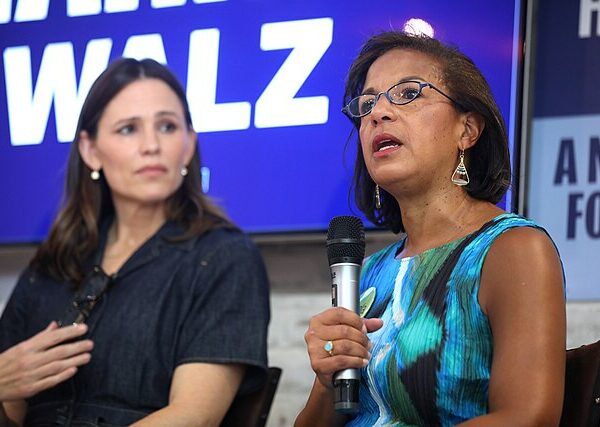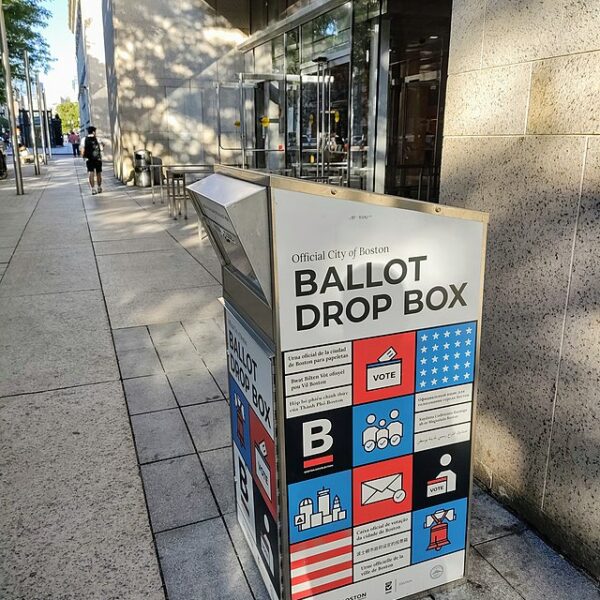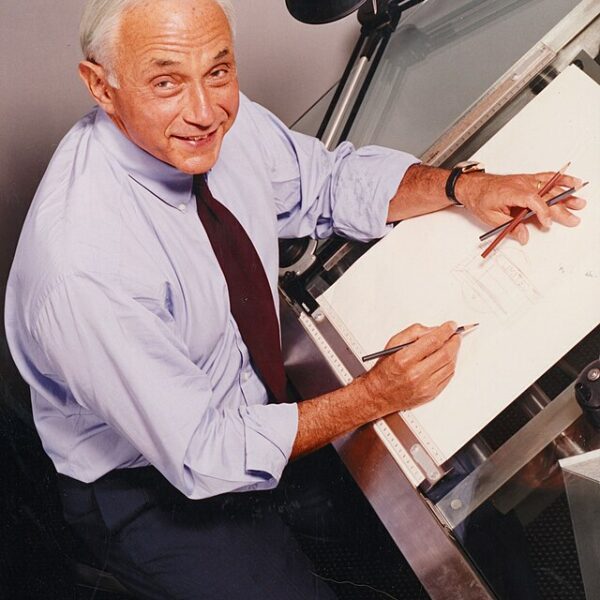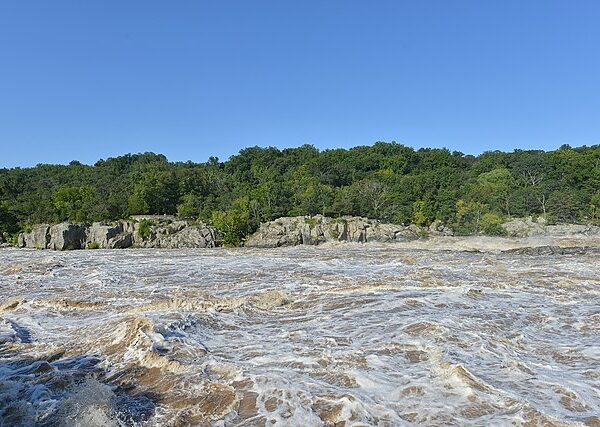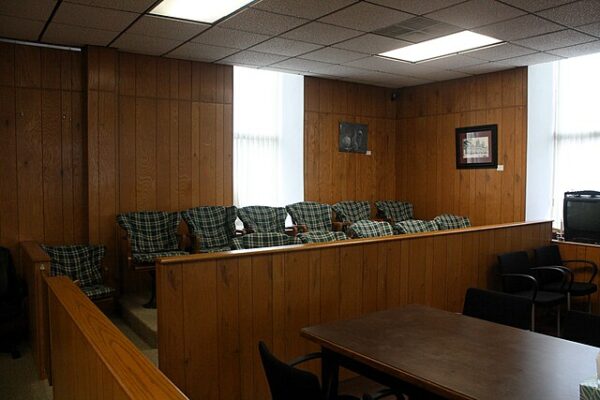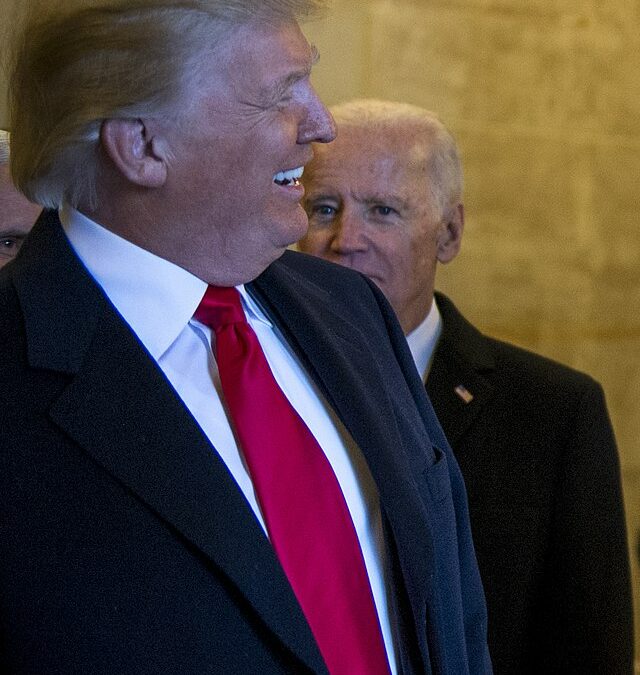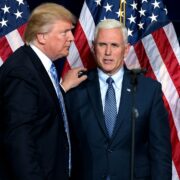
Oktoberfest, the world-famous Bavarian festival, reopened Wednesday following hours of uncertainty after police halted the event to investigate a bomb threat tied to a deadly explosion earlier in the day.
Authorities identified the suspect as a 57-year-old German man from Starnberg, a suburb south of Munich. He was found dead by suicide near a local lake, carrying a backpack that contained explosives. Police believe he had earlier set fire to a residence in what investigators described as a violent eruption of family conflict. His 81-year-old mother and 21-year-old daughter, who holds dual German-Brazilian citizenship, were injured in the blast and taken to a hospital.
A major police operation continues in Munich where Oktoberfest has been shut down after an explosion in the city & the police having found a dead man, another man with gun shot wounds & a backpack with bombs
The place of the explosion is a district with a high percentage of… pic.twitter.com/cfE88PpveE
— Visegrád 24 (@visegrad24) October 1, 2025
At the burned-out home, officers recovered a letter that included a “non-specific” warning aimed at Oktoberfest, according to Bavarian police. The message prompted a swift and sweeping response. Festival grounds were cleared, beer tents emptied, and amusement rides silenced as more than 500 personnel — supported by sniffer dogs and advanced detection teams — scoured the site. Interior Minister Alexander Dobrindt confirmed the unprecedented deployment, wrote NBC News.
Munich police later declared that the threat “was not confirmed,” posting on Twitter that the festival could resume after the inspection. Hours of images showed beer gardens sitting eerily vacant under gray skies, security personnel in high-visibility jackets standing guard where laughter and music normally flow.
This year’s Oktoberfest, which began September 20 and draws up to six million visitors, remains scheduled to conclude on Sunday. Yet the shadow of violence lingers. The interruption evoked memories of September 26, 1980, when a neo-Nazi attack at the festival grounds killed 13 people, including three children, and injured more than 200 others. That bombing, carried out by Gundolf Koehler, a member of a banned extremist organization, remains seared into Munich’s collective memory.
Four decades later, the city once again confronted the specter of explosives at its most celebrated gathering — only this time, vigilance and speed restored the festival before tragedy could unfold within its gates.
[Read More: President Trump Announces Location Of Presidential Library]

